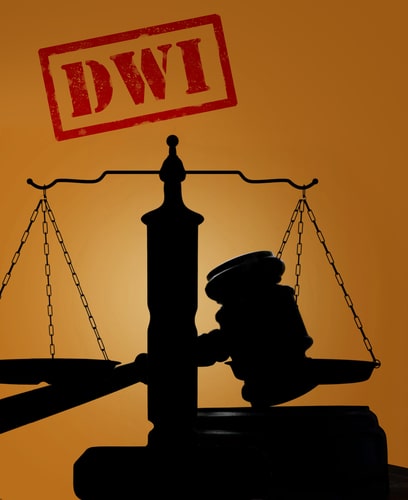What If I Refused a Breathalyzer Test?
 In Connecticut, refusing a breathalyzer test during a DUI stop can have serious consequences. A Connecticut lawyer can explore the legal implications of such a refusal and provide information specific to your case.
In Connecticut, refusing a breathalyzer test during a DUI stop can have serious consequences. A Connecticut lawyer can explore the legal implications of such a refusal and provide information specific to your case.
Make Sure You Understand Implied Consent
Connecticut, similar to numerous states, has an “implied consent” law. This implies that by operating a vehicle on public roads, you have consented to undergo chemical testing if suspected of impaired driving by a law enforcement officer. These tests include breathalyzers, blood tests, and urine tests.
The concept of implied consent is based on the principle that driving is a privilege, not a right. By accepting this privilege and obtaining a driver’s license, you also accept certain responsibilities, including cooperation with law enforcement in maintaining road safety. This legal principle is designed to discourage drunk driving by increasing the difficulty for impaired drivers to avoid detection and prosecution.
Implied consent applies even if you are not actually intoxicated. The law focuses on your agreement to be tested, not on the test results themselves. Refusing a test can lead to penalties regardless of your actual blood alcohol content. Implied consent laws typically cover not just alcohol but also other substances that can impair driving, such as illegal drugs and certain prescription medications.
Immediate Consequences of Refusal
If you refuse a breathalyzer test in Connecticut, you face immediate administrative penalties:
- License Suspension: Your driver’s license will be automatically suspended for 45 days.
- Ignition Interlock Device: After the suspension period, you must install an ignition interlock device (IID) in your vehicle for one year for a first offense. This period extends for longer with subsequent offenses.
Criminal Penalties
Declining a breathalyzer does not exempt you from criminal charges. Prosecutors can use your refusal as evidence against you in court. Criminal penalties for a DUI conviction in Connecticut may include:
- Fines range from $500 to $8,000, depending on the offense number
- Jail time, which increases with subsequent offenses
- Mandatory alcohol education programs
- Additional license suspension periods
The Refusal as Evidence
It is crucial to understand that while you have the right to refuse a breathalyzer test, this refusal can be used as evidence of consciousness of guilt in court. Prosecutors may argue that you refused the test because you knew you were intoxicated.
This legal principle stems from the concept of “consciousness of guilt,” which allows courts to consider a defendant’s behavior indicative of his or her mental state regarding the alleged offense. In DUI cases, refusing a breathalyzer test is often interpreted as an attempt to conceal intoxication.
However, it is important to note that refusal alone is not conclusive proof of guilt. The prosecution must still prove beyond a reasonable doubt that you were driving under the influence. Your refusal is just one piece of evidence they may present.
Contact a Stamford, CT DWI Attorney
Refusing a breathalyzer test in Connecticut carries significant consequences. While it may seem like a way to avoid providing evidence against yourself, it often complicates your legal situation. It is ideal to work with a Fairfield County, CT DWI lawyer if you refused a breathalyzer and are now having legal issues. Call Law Offices of Daniel P. Weiner at 203-348-5846 for a free consultation.







